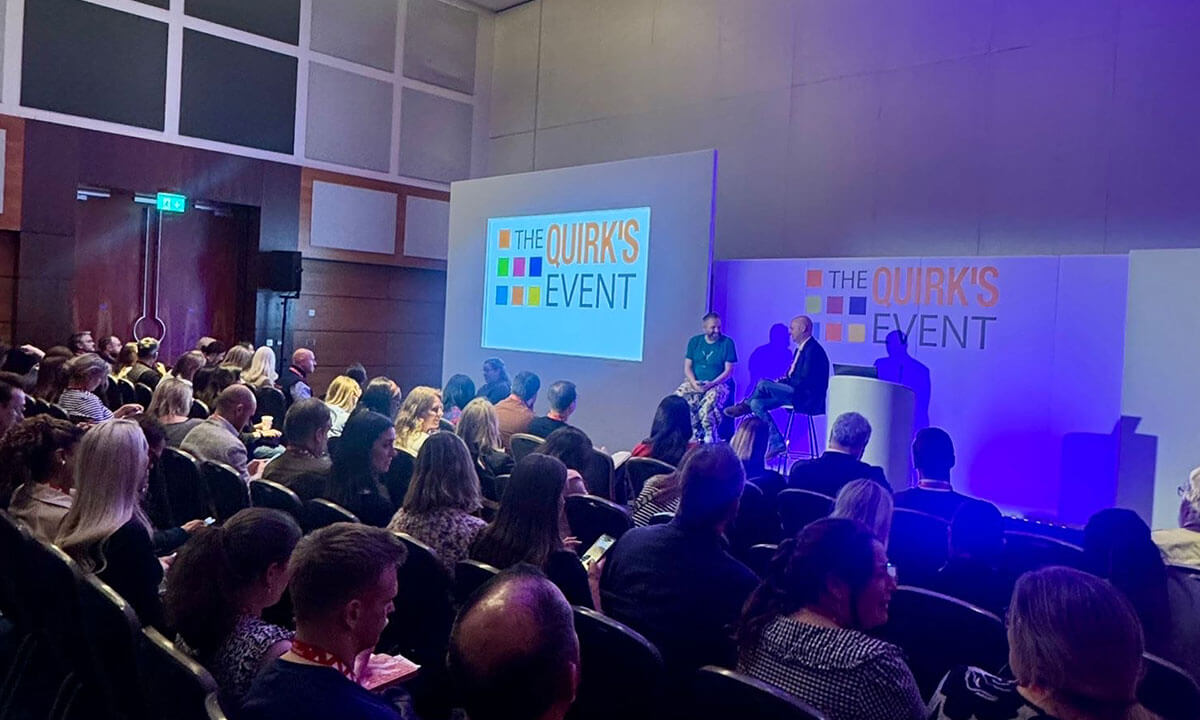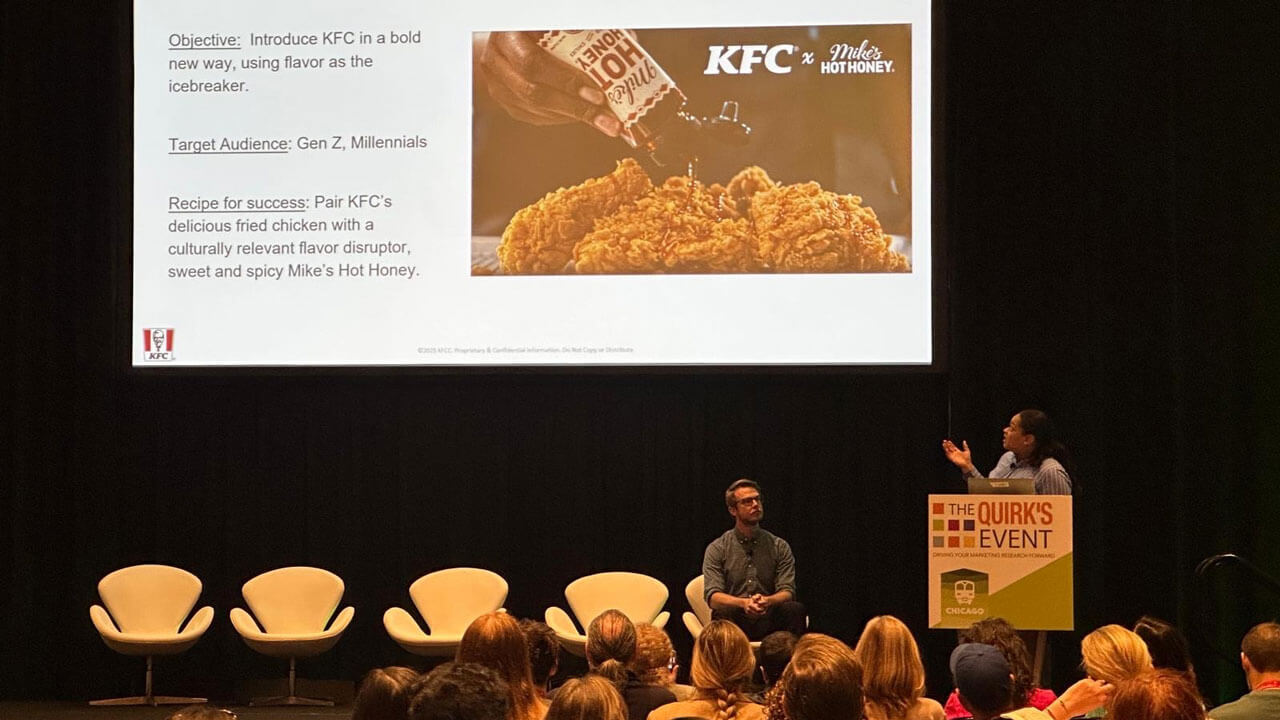Contents
Categories
 Outcomes
Economic activity is likely to be depressed
As governments institute containment measures that range from social distancing to outright lockdowns, we can reasonably expect consumption levels to drop. Indeed, virus containment implications are just one of many ingredients in the toxic cocktail of forces that are likely to make already weak macroeconomic growth prospects become even weaker. These effects will vary by country and will only be fully understood after the fact.
The duration of these effects will vary as well depending on how quickly and effectively nations are able to respond. Taiwan is a marvellous positive example. In a nation of around 24 million, only 48 cases have been confirmed with but a single death thanks to early awareness, clear and transparent information, and decisive action driven by lessons learned from SARS.
Consumption patterns will surely be different
We are already seeing the impact of the virus on different sectors of the global economy. Fear of contamination has already led to dramatic reductions in travel, with knock-on effects for transportation, hotels and restaurants, and the people who owe their livelihoods to tourism. Car sales are suffering as well and will continue to decline as lockdowns and work-from-home plans limit mobility.
It is also likely, however, that behaviours will shift as new habits and needs arise. I would be willing to bet, for example, that online shopping for household items and groceries becomes more prevalent. Home furnishing and office products stores may see increases in sales as people set up home offices. Perhaps we will finally see the death of the chequebook and a massive reduction in the use of cash as paper-based transactions become undesirable. Will we see the end of letter-carrying or the mass adoption of package delivery drones? Who knows.
The point is that we are in uncharted territory. Whether by necessity or curiosity, we can expect people to try all sort of things as they seek to preserve some semblance of normalcy.
Participation will not necessarily decline
In late August 2005, Hurricane Katrina hit the states along America’s Gulf Coast hard. While the storm was not particularly menacing for its winds, the storm surge and rainfall led to catastrophic flooding that devastated the city of New Orleans, creating massive suffering and a huge dislocation of the population. I was less than a year into my tenure as a research director at the NPD Group when our clients and colleagues started to ask us questions about the impact on participation. Would people still take surveys? How would we deal with the mass movement of people out of the city?
What we found is that people kept taking surveys. Sure, participation suffered at the height of the crisis, but it did not stay permanently depressed. People moved. Their habits changed. But they still took surveys.
Practical advice
If there is an abiding message to retain, it is that people’s reactions to crises and their consequent behaviour are not easy to foresee and will not be uniform. There are thus no “quick fixes” or single things researchers or project managers can do. The key to understanding what is happening will depend on a combination of tactics.
Monitor participation levels
For various reasons, it is impossible to predict whether overall participation levels will change. Tracking and normed studies are special areas of concern. Raw (unweighted) data should be trended across relevant subsample quotas and in affected regions beginning before the advent of the crisis until several months after its completion (whenever that may be).
It may be, though, that you run short of sample because participation levels are systematically dropping for everyone, and that may just need to be the way it is. (Blasting sample to fill hard quotas for the last trickle of completes to close a quota is a horrible experience for respondents.) Researchers would be wise to explore weighting schemes where appropriate so that changes in the composition of the responding sample do not bias estimates.
Monitor incidence levels
Again, it is impossible to predict whether incidence levels will change. Tracking and normed studies are again special areas of concern. Raw (unweighted) data should be trended across relevant subsample quotas and, in affected regions, beginning before the advent of the crisis until several months after its completion (whenever that may be). In this case, however, researchers should remain open-minded and look for explanations for the changes. This will be challenging in tracking studies especially if the incidence declines because they will translate into negative trends…and nobody likes bad numbers. But if we can find no fundamental changes or errors in fielding or treatment of the data, and we have plausible hypotheses for their existence, then we should believe the data.
Lower incidence levels are also likely to engender lower feasibility rates for projects and potentially higher costs. Suppliers and buyers should be aware of this and plan accordingly.
Conduct incidence tests
Incidence tests are a good practice regardless of study type. Using a sample design that is representative of a known population and no other qualification criteria, researchers and project managers can ask critical questions to get a read on incidence under their prescribed field conditions. The results are an easy way of understanding important behaviours before launching a full study. (Soft launches can help as well.)
Resist the urge to tinker with the data
Without authoritative and directly relevant data that enables us to triangulate or calibrate what our respondents tell us, we should avoid any manipulation of the data should results not match up to our expectations, Without data, we would only be guessing.
Use common sense
There will be plenty of stories to read of how societies and individuals around the world are dealing with the virus. In the spirit of our industry, we should act as our own ethnographers, studying the ways in which others’ lives—or even our own lives—are affected. If your kids’ schools are closed, how might that change your life at home, your waking and working hours, what you buy, what entertainment you consume? Simple observation and empathy can often lead to great wisdom that then inspires further enquiry.
Conclusion
If there is a ray of light amid the growing clouds of gloom, it is that these events are rare. Those of us in the market research industry who have lived through these shocks before know that they present unique challenges for measurement and the conduct of our work. For the Coronavirus pandemic, these challenges are likely to affect us personally for a duration we cannot know. As researchers, however inconvenient or tricky these challenges may be, they will oblige us to be thoughtful and to rely on our training, our methods, our intuition, our human understanding, and our data not just to tell the story but also to navigate our own personal journeys during this difficult time.
Outcomes
Economic activity is likely to be depressed
As governments institute containment measures that range from social distancing to outright lockdowns, we can reasonably expect consumption levels to drop. Indeed, virus containment implications are just one of many ingredients in the toxic cocktail of forces that are likely to make already weak macroeconomic growth prospects become even weaker. These effects will vary by country and will only be fully understood after the fact.
The duration of these effects will vary as well depending on how quickly and effectively nations are able to respond. Taiwan is a marvellous positive example. In a nation of around 24 million, only 48 cases have been confirmed with but a single death thanks to early awareness, clear and transparent information, and decisive action driven by lessons learned from SARS.
Consumption patterns will surely be different
We are already seeing the impact of the virus on different sectors of the global economy. Fear of contamination has already led to dramatic reductions in travel, with knock-on effects for transportation, hotels and restaurants, and the people who owe their livelihoods to tourism. Car sales are suffering as well and will continue to decline as lockdowns and work-from-home plans limit mobility.
It is also likely, however, that behaviours will shift as new habits and needs arise. I would be willing to bet, for example, that online shopping for household items and groceries becomes more prevalent. Home furnishing and office products stores may see increases in sales as people set up home offices. Perhaps we will finally see the death of the chequebook and a massive reduction in the use of cash as paper-based transactions become undesirable. Will we see the end of letter-carrying or the mass adoption of package delivery drones? Who knows.
The point is that we are in uncharted territory. Whether by necessity or curiosity, we can expect people to try all sort of things as they seek to preserve some semblance of normalcy.
Participation will not necessarily decline
In late August 2005, Hurricane Katrina hit the states along America’s Gulf Coast hard. While the storm was not particularly menacing for its winds, the storm surge and rainfall led to catastrophic flooding that devastated the city of New Orleans, creating massive suffering and a huge dislocation of the population. I was less than a year into my tenure as a research director at the NPD Group when our clients and colleagues started to ask us questions about the impact on participation. Would people still take surveys? How would we deal with the mass movement of people out of the city?
What we found is that people kept taking surveys. Sure, participation suffered at the height of the crisis, but it did not stay permanently depressed. People moved. Their habits changed. But they still took surveys.
Practical advice
If there is an abiding message to retain, it is that people’s reactions to crises and their consequent behaviour are not easy to foresee and will not be uniform. There are thus no “quick fixes” or single things researchers or project managers can do. The key to understanding what is happening will depend on a combination of tactics.
Monitor participation levels
For various reasons, it is impossible to predict whether overall participation levels will change. Tracking and normed studies are special areas of concern. Raw (unweighted) data should be trended across relevant subsample quotas and in affected regions beginning before the advent of the crisis until several months after its completion (whenever that may be).
It may be, though, that you run short of sample because participation levels are systematically dropping for everyone, and that may just need to be the way it is. (Blasting sample to fill hard quotas for the last trickle of completes to close a quota is a horrible experience for respondents.) Researchers would be wise to explore weighting schemes where appropriate so that changes in the composition of the responding sample do not bias estimates.
Monitor incidence levels
Again, it is impossible to predict whether incidence levels will change. Tracking and normed studies are again special areas of concern. Raw (unweighted) data should be trended across relevant subsample quotas and, in affected regions, beginning before the advent of the crisis until several months after its completion (whenever that may be). In this case, however, researchers should remain open-minded and look for explanations for the changes. This will be challenging in tracking studies especially if the incidence declines because they will translate into negative trends…and nobody likes bad numbers. But if we can find no fundamental changes or errors in fielding or treatment of the data, and we have plausible hypotheses for their existence, then we should believe the data.
Lower incidence levels are also likely to engender lower feasibility rates for projects and potentially higher costs. Suppliers and buyers should be aware of this and plan accordingly.
Conduct incidence tests
Incidence tests are a good practice regardless of study type. Using a sample design that is representative of a known population and no other qualification criteria, researchers and project managers can ask critical questions to get a read on incidence under their prescribed field conditions. The results are an easy way of understanding important behaviours before launching a full study. (Soft launches can help as well.)
Resist the urge to tinker with the data
Without authoritative and directly relevant data that enables us to triangulate or calibrate what our respondents tell us, we should avoid any manipulation of the data should results not match up to our expectations, Without data, we would only be guessing.
Use common sense
There will be plenty of stories to read of how societies and individuals around the world are dealing with the virus. In the spirit of our industry, we should act as our own ethnographers, studying the ways in which others’ lives—or even our own lives—are affected. If your kids’ schools are closed, how might that change your life at home, your waking and working hours, what you buy, what entertainment you consume? Simple observation and empathy can often lead to great wisdom that then inspires further enquiry.
Conclusion
If there is a ray of light amid the growing clouds of gloom, it is that these events are rare. Those of us in the market research industry who have lived through these shocks before know that they present unique challenges for measurement and the conduct of our work. For the Coronavirus pandemic, these challenges are likely to affect us personally for a duration we cannot know. As researchers, however inconvenient or tricky these challenges may be, they will oblige us to be thoughtful and to rely on our training, our methods, our intuition, our human understanding, and our data not just to tell the story but also to navigate our own personal journeys during this difficult time.
Written by: JD Deitch (COO, Cint)


































































































